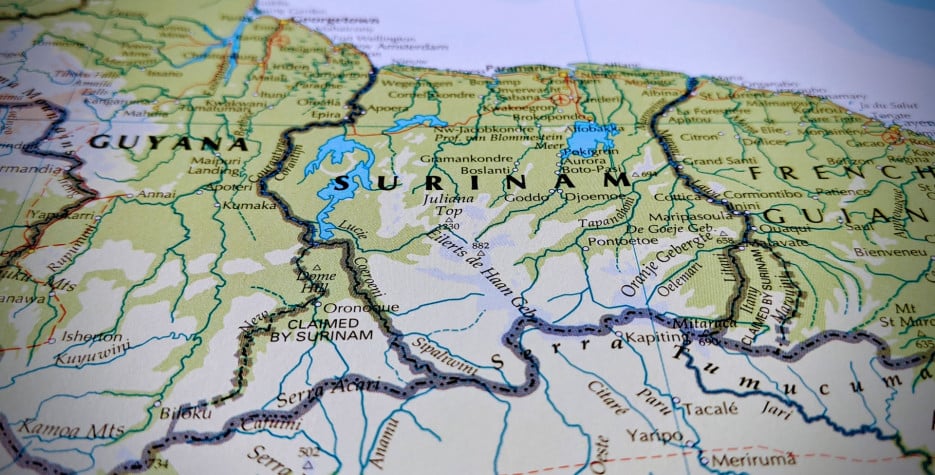On September 19th each year, the Saramaccan tribe commemorates the signing of the peace treaty between the colonial government and the maroons of Upper Suriname.
This year, it will be exactly 260 years since the historical event took place, and to mark the occasion the “September 19, 1762 Foundation” asked that the day be marked with a national holiday.
In August 2022, representatives of the Council of Ministers of the President of the Republic of Suriname met with representatives of the foundation. The President of Suriname decided to approve the request.
In accordance with this decision, Monday September 19th 2022, will be considered a special day like a Sunday, with all legal and customs associated with it.
The president is grateful to the Saramaccan tribe for their contribution to the Surinamese community. Surinamese people have also emerged from this part of the population who have made a lasting impression on society.
Within the framework of an integrated structuring of the days, a national advisory committee will be formed as of January 1, 2023, which will issue integrated advice regarding national holidays, memorial days and memorials;
Maroons were Africans and their descendants in the Americas who formed settlements away from slavery. Some had escaped from plantations, but others were born free within these communities.
Maroon communities grew up in several places in the Americas and even in other colonised parts of the world, such as Madagascar.
Suriname was seized by the Dutch in 1667. The Dutch then established about 200 plantations producing sugar, coffee, cocoa and cotton, most of which was exported back to Holland. Over 13,000 African slaves were brought to Suriname to man these plantations. The local Maroon community grew from slaves who managed to escape from the plantations into the jungle. It is a reflection on the horrific conditions within the plantations, that living in a wild, inhospitable South American jungle was preferable to most slaves. Known as Bushinengues ('people of the forest'), the Maroons grew in number and would attack the plantations to acquire supplies and to free female slaves.
Today, the Maroon community accounts for around 20% of the population of Suriname.


